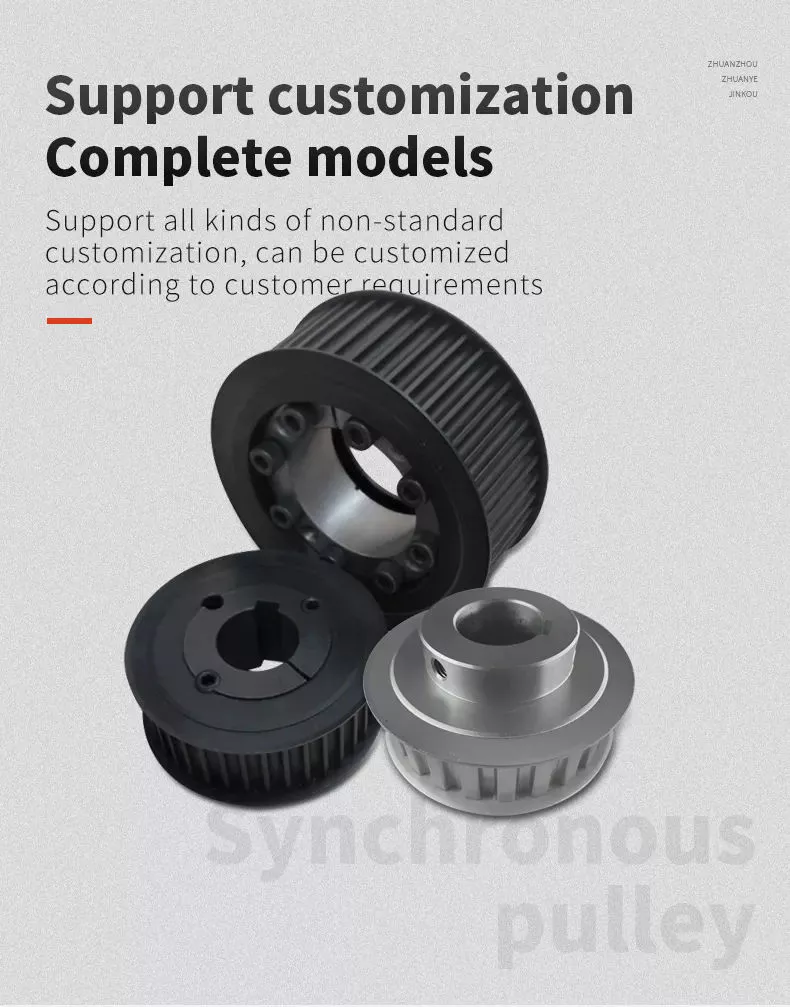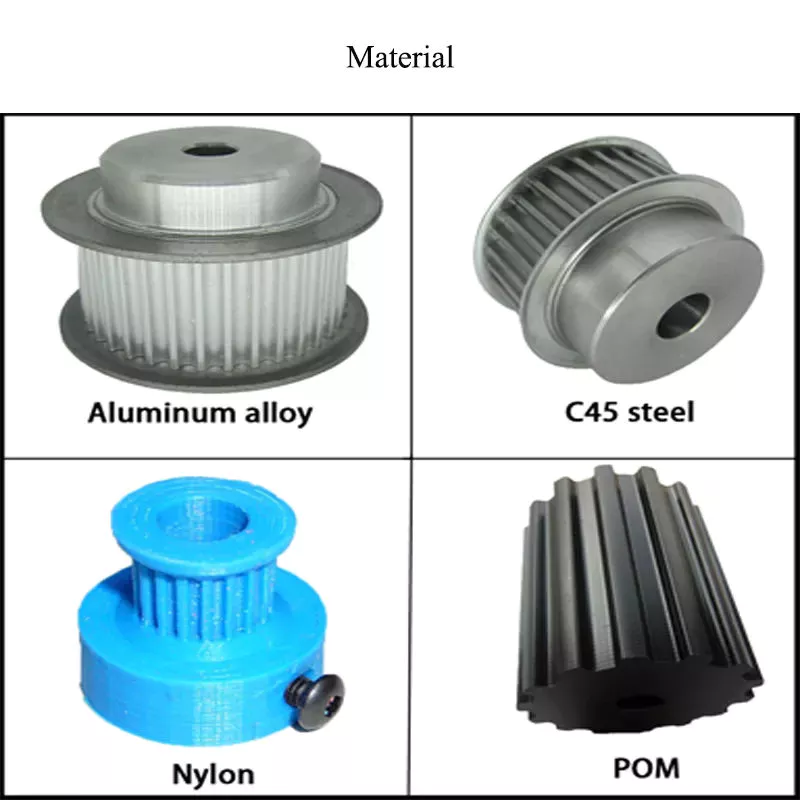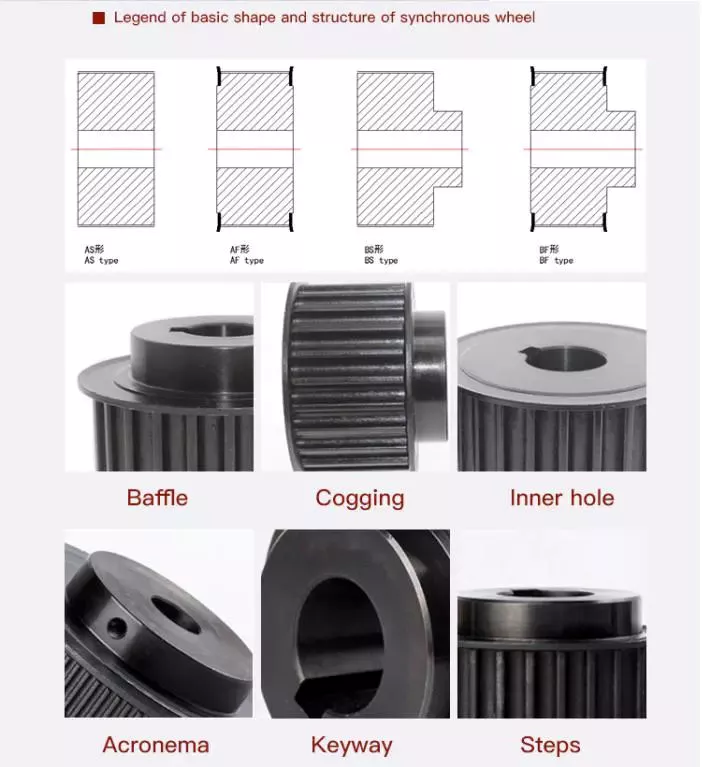Product Description
Product Description
DOUBLE WHEEL WIRE ROPE PULLEY BLOCK FORGED WITH ROLLER BEARINGS
Used for wire rope in construction
Technical Data and Dimensions
DOUBLE WHEEL WIRE ROPE PULLEY BLOCK FORGED WITH ROLLER BEARINGS
| Size | W.L.L. | Rope Dia. | Weight Each |
| (Ton.) | (Ton.) | (mm.) | (Kg.) |
| 1 | 1 | 12 | 3.75 |
| 2 | 2 | 14 | 5.17 |
| 3 | 3 | 20 | 8 |
| 5 | 5 | 23 | 15 |
| 8 | 8 | 26 | 30 |
| 10 | 10 | 28 | 43 |
*Other main type of Blocks are in following picture. You can contact our sales for products details.
BUSINESS FAQ:
1) What is the MIN order quantity ?
USD 1580 in total value, usually 1 ton.
2)What is the delivery time?
15 -20 days since received the deposit.
3)What is the Payment term?
A. 30% TT deposit, the balance against copy B/L.
B. Irrevocable L/C at sight.
C. Other payment can be negotiated.
4)Could I get free samples before first cooperation?
Yes, of course! But the buyer need to afford express fee, which is returnable once we build cooperation.
5)What’s the packing method?
Packing methods for most of the products are in the cartons or polywood case.Special packages are available upon
customers’need. You can contact us for special or more detailed packages.
Why choose CZPT (lift-sunny )
1). “ONE-STOP” Rigging and Marine supplier: a great variety of rigging and marine products including 1,000 kinds
of products, 3,000 kinds of specifications, which are widely used in Construction,Transportation, Forestry, Oil&Gas,
Agriculture, Utilities, Aerospace, Marine, Manufacturing, Mining, Fishing and Government.
2). Old history: since 1986, more than 30 years focus on rigging, marine and rubber products.
The founding principles of the company have never changed-business integrity,quality is everything.
3). Strong development capabilities: processing with Given materials and samples at own
module workshop, save cost, finish customers special and big order rapidly.
4). 4 round Superior Quality Control with 10 years records and zero complaint:
4 round quality inspection including raw materials, production, finished products, final package, have a thorough
quality control system, professional staff, every step is under strict inspection, to insure
that every product is perfect.For the individual and mass production part, the records which include the
sub-contractor records will be retained at least 10 years since the record has been made,
(e.g. inspection/test record, control plan, etc)
In the past years,the complaint rate of product quality from more than 50 countries customers is zero.
5). Certificate of Quality: ISO9001, CE, GS, CCS, ABS, BV, KR, REACH, etc. Photos as below.
6). Reasonable and Competitive price compared with others with same quality.
7). Fast Delivery time: within 20 days for most products.
8). Comfortable and topping after-sales service with 99.8% satisfaction rate for more than
50 countries and regions: We will send you “Customer Satisfaction Inventory” after you receive our first order.
If you are not satisfied with our quality,price or service, please list your comments or suggestions, the next day, our
senior manager will personally call you or email you, apologize to you, to solve your problem.Because day after day,
year after year of self-correction, our current customer satisfaction rate has reached 99.8%. we are very proud of this.
Of course, we still need to continue to work hard.Our main marketing as below picture.
9). Great Supports for marketing. With us, your money and business in safe.If you want to be
No.1 you should contact with us right now!
Types of Pulley Systems
If you’ve ever tried to lift a pail of water, you’ve probably seen the pulley system in action. Pulleys are extremely useful tools for everything from household appliances to heavy industrial machinery. Different kinds of pulley systems are classified according to their amount of motion. Some types have fixed axes, while others have movable axes. Some common uses of pulleys are listed below.
two-wheel pulley
Pulleys are complex structures with thin-walled and thick-walled sections. Therefore, they require specific forging designs. The tool concept for the production of pulleys is shown in Figure 11.6. Using the generated tool, the pulley can be forged into different shapes. Process parameters must be optimized based on material, surface quality and metallographic analysis.
Pulleys are wheels mounted on shafts. Its main function is to assist the movement of heavy objects. A single-wheel pulley can change the direction of the force, enabling a person to pull heavy objects. A dual-wheel pulley distributes the weight evenly across both wheels, allowing it to lift the same weight with half the effort.
The mechanical advantage of a two-wheel pulley is that it reduces the force required by about half. A 100 kg object can be lifted with a force of 500 Newtons. The mechanical advantage of a pulley with 2 wheels is twice that of a single-wheel pulley. However, care should always be taken when using two-wheel pulleys.
Two-wheel pulleys can be fixed or movable. A single wheel pulley can only change direction when the load is placed on 1 side of the wheel. Two-wheel pulleys change direction when lifting a load, requiring half the force. Live wheels are better for heavier loads. The movable pulley can be adjusted with the load, and the load distribution is more uniform. Active pulleys can be used with single-rope or two-wheel pulleys.
A pulley system with 2 wheels is called a compound pulley. This type of pulley system has a complex design that reduces the force required to move the load. Two-wheel pulleys are common in industrial and construction environments. These pulleys require a lot of space to install and operate. Additionally, they require regular maintenance to avoid wear and tear.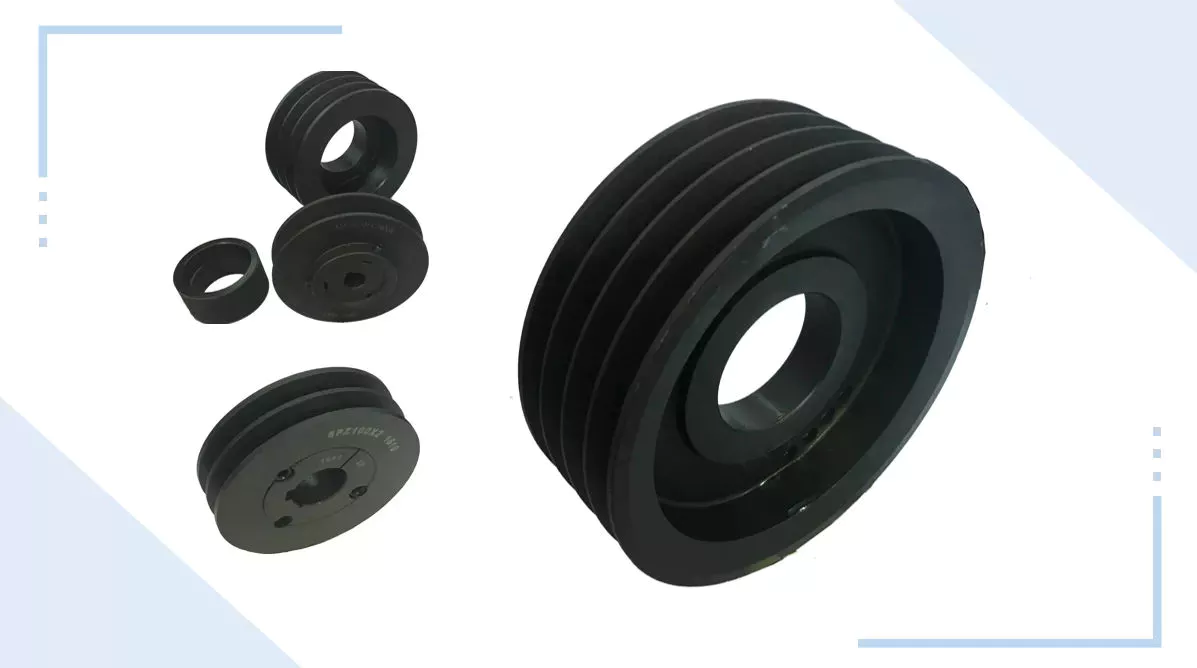
composite pulley
Compound pulleys are used to increase lift. One fixed pulley is attached to the overhead while the other fixed pulley is attached to the load. This setup minimizes the force required to lift weights, allowing you to lift heavier weights. There are several different types of compound pulleys, each with their own strengths and weaknesses. Below are some examples of their application. Some of the most common are listed below.
Composite pulleys are usually made from 2 different types of wheels. The first 1 is fixed and secure. The second type, movable, is attached to something that moves. The third type, compound pulley, is a combination of a movable pulley and a fixed pulley. Below are 3 types of comparisons. The table below compares them and explains their advantages and disadvantages. Composite pulleys are the most versatile of the three.
The number of sheave segments that make up the composite sheave system increases the mechanical advantage of the system. Each segment adds 1 percent of the total weight, and the ideal mechanical advantage is 2 or more. So a compound pulley with 4 segments will lift three-quarters of the weight. This is because the force applied to the load is multiplied by four. The result is a better boost.
While composite pulleys have many uses, they are most commonly used on larger sailboats. These pulleys work by changing the direction of the control wire or by changing the mechanical force of the rope. They also make it easier to lift heavier objects. Composite pulleys are more expensive than simple pulleys, so consider your needs before buying. The advantages of composite pulleys outweigh the disadvantages.
A basic compound pulley is a device consisting of 2 wheels with fixed points. Ropes are looped around the wheels and are used to lift heavy objects. When you pull on the rope, the rope pulls the 2 wheels closer together. Serious injury could result if this equipment is installed incorrectly. Never exceed the lifting capacity of pulleys and other safety devices that may be attached. When using pulleys, be sure to follow the instructions on the mounting hardware to avoid accidents.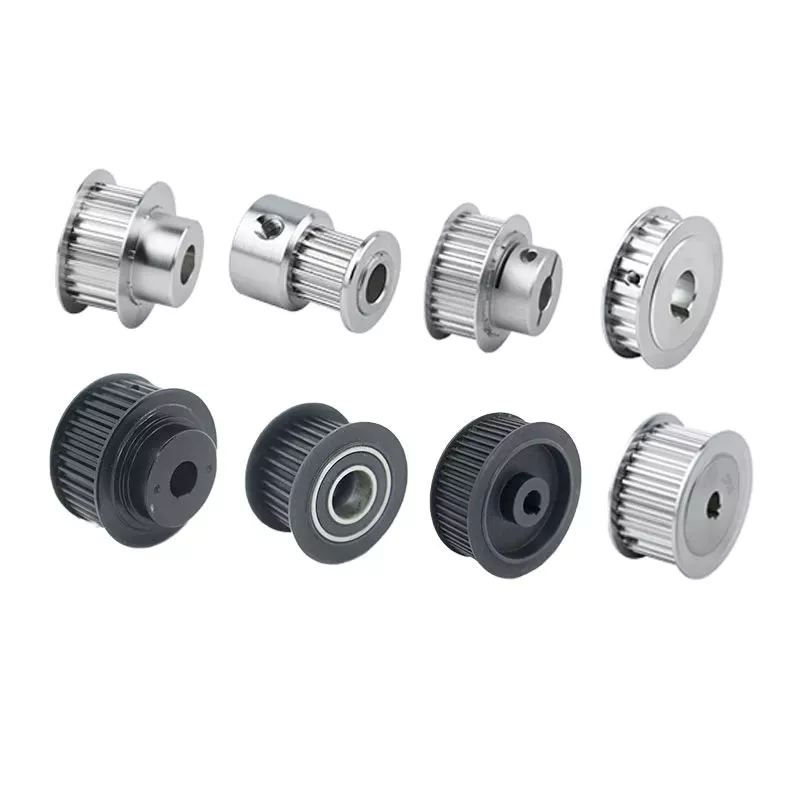
Fixed pulley
Moving pulleys and fixed pulleys are different types of mechanical devices. The movable pulley moves with the object it is used to lift. Because it attaches to the object it is used to lift, it is great for lifting heavy objects. These devices are used in construction cranes and multipurpose elevators. There are many different types of pulleys, and their uses vary widely. Below is a brief overview of these devices.
The simplest pulley set consists of a wheel that is mounted on the ceiling. A rope is attached at 1 end and a person pulls at the other end. The rope is strong enough to keep a person standing while lifting weights. It takes about 200 Newtons of force to lift a 20 kg weight. In contrast, a movable pulley requires a force of 1000N, which makes it easier to lift heavy objects.
Fixed pulleys are another common lifting device. They work by using ropes and slotted wheels attached to the object to be lifted. These devices are convenient to use because they are easy to set up. Moving the scroll wheel doesn’t change direction, so it’s easier to move objects without putting too much pressure on the back. Unlike a moving rope, a moving object will feel much lighter than its actual weight.
Fixed pulleys are widely used in construction and agriculture. Fixed pulleys can help lift supplies and equipment from scaffolding. These items are often heavy and difficult to lift directly. Fixed pulleys at the top of the scaffolding will allow people at the bottom to lift objects more easily. As a result, those at the bottom are less stressed and more productive. Fixed pulleys will save time and money compared to moving ropes.
Composite pulleys combine fixed and movable pulleys to increase the power of movement. A compound pulley system uses both types of pulleys and enables a person to change direction by reversing the direction of a force. The compound pulley system will save time and effort as the user only has to put in half the effort. Unlike moving ropes, composite pulleys are easy to adjust and are the most versatile system on the market.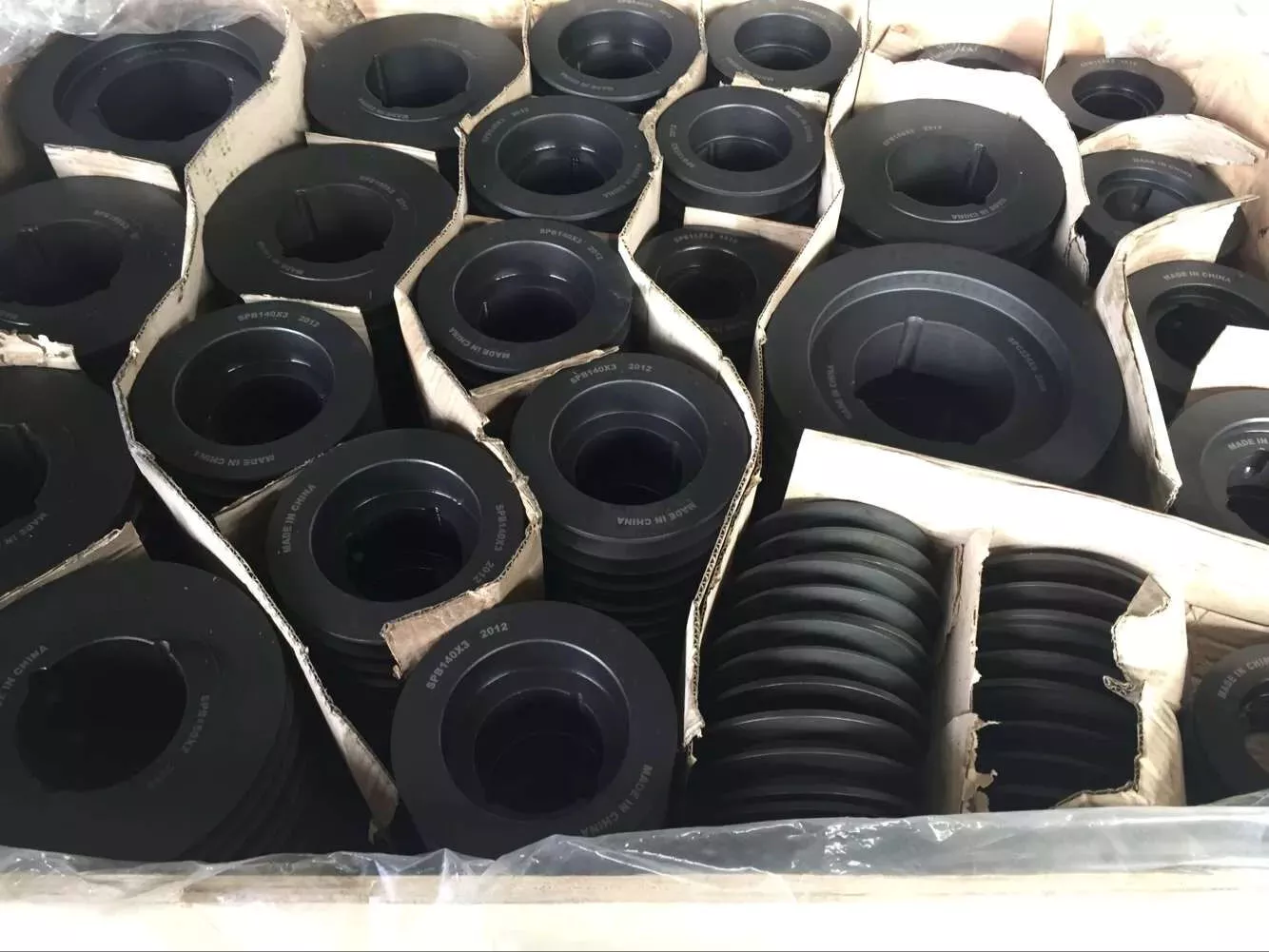
Blocks and tackles
A pulley block system is a rope hoist that uses a set of pulleys mounted on a frame. The blocks are arranged in a row, and the threaded rope is called a pulley. Pulley systems help amplify the tension of the rope and are common in sailboats, cranes and drilling rigs. However, these systems are not without drawbacks.
The pulley pulley system can be equipped with as many pulleys as required. This method allows a person to lift heavy objects. The pulley block system can contain the required number of pulleys to achieve the desired height. The main disadvantage of pulley systems is that they create a lot of friction on the pulley shaft.
Pulley systems use 2 types of pulleys. A movable pulley is attached to the load, allowing it to move with the load. On the other hand, fixed pulleys are fixed on fixed points. Therefore, a pulley block system may consist of multiple pulleys mounted on a shaft. For example, the 2 pulleys attached to the shaft each have their own mechanical advantages.
Several types of tackle systems have been developed in recent centuries. The most basic is the gun mount, which uses 2 pulleys to lift the load. The mechanical advantage of such a system is 2 to 3 times the distance required by the rope to move the load. Depending on how they’re assembled, the system can lift 400 pounds with 80 or 100 pounds of force.
Another type of pulley is a combination of multiple wheels. The wheels on pulleys are supported by a housing or frame. The chain is attached to the pulley, and the rope is pulled to lift it. A combined pulley system will have multiple wheels. As the load increases, the force on the pulley also increases. This approach is generally more expensive than intercept and intercept systems.


